The fascinating metamorphosis of the DaVinciLab
Just as technologies are constantly evolving, the Viennese company DaVinciLab has also developed a metamorphosis from a digital maker space for children to a full-service agency for digital educational formats. EdTech Austria asked Anna Gawin, founder and CEO, about the stages of the lab’s evolution.
The Caterpillar (Founding of the Maker Space)
Eating and gaining experience. The first stage of life is to grow a thick skin. In 2016, the couple Anna and Peter Gawin founded the maker space “DaVinciLab” to create an innovation space for children, where they can turn their creative ideas into apps, 3D prints or even robots, accompanied by educators and innovation experts. But first, the young company had to establish itself on the market. Thanks to its forward-looking vision, it succeeded quite quickly. As a “universal genius”, as Anna calls the great thinker, Leonardo Da Vinci not only gave his name to the company, but was above all the role model for the concept of the lab: “Because he mastered everything from mathematics to art”. For Anna, coding and programming are about the whole concept: “We don’t believe that the future belongs to pure programmers. It’s about the whole subject, with all its facets – critical thinking, creativity and collaboration.”
However, for such a young creature to develop successfully, it needs to absorb the necessary nutrients. The lab is made up of three sub-areas in which the DaVinceLab services are divided and participating children can give shape to their ideas with the help of technology. While robots are built and games and animations are created in the Coding Lab, the Design Lab focuses on individual 3-D designs. In the Medialab, young creators learn to use a green screen (a green background for film or photo shoots that can be replaced by effects during post-production), to edit images and to create storyboards (film scenes).
The pupa (silent development)
Then, when the caterpillar actually finds everything it needs, it gets fatter and fatter and although you can’t see it, there is a huge bubbling under the shell. Clearly – a big change is coming. DaVinciLab used the Covid pandemic to master this evolutionary step with the creation of new learning formats. The quiet beginning of a new direction. “During the pandemic, we designed new formats, such as live online courses for children and young people on topics like app and game design with personal coaches, which were great for learning success,” says Anna.
The biggest change, however, took place on a much more far-reaching scale and is based on empirical values from the earlier stages of life: In addition to the courses, consulting in the area of digital transformation is becoming more intensive, and individual software solutions for digital learning journeys and learning content are being created. In the process, DaVinciLab now also handles the operational aspects of the projects.
The Butterfly (Full-Service Agency)
The first cracks adorn the thin shell, the most beautiful colours move underneath. Time for the first delicate wing beats. The new services that have changed the inner life of the DaVinciLab are also reflected in its appearance. In the meantime, the main service communicated is the design of innovative software and innovation solutions for the education sector. Projects such as “MINT Girls Challenge 2021” on behalf of the Federal Chancellery and the BMDW and IV or the cooperation with the Austrian Road Safety Board show how successfully they are already whirling through the air with this. They are also an official partner of Microsoft in Education Global Training and developed a course on the use of Microsoft Teams for teaching staff for this purpose. The “Lehrlingshackathon” in particular shows what a huge transformation DaVinciLab has undergone. In the process, the company itself has come full circle to its original vision of universality in the sense of Da Vinci.
The metamorphosis of the apprentice hackathon format
For the Chamber of Commerce’s “Lehrlingshackathon“, Anna and her team designed the concept, developed the appropriate digital platform and created the content. Apprentices of all professions can register here and get access to interactive online courses and onboarding seminars that prepare them for the hackathon (an event where innovative solutions to problems are developed in groups under time pressure). The aim is to prepare young people – who have never coded before – well enough to be able to develop their own app within eight hours at the Coding Day (on 9 November in Vienna). With the help of simple app software, even apprentices without an IT background can then conjure up prototypes from their ideas. “We believe that everyone can and should participate in the digital transformation. So that young people not only have the opportunity to simplify processes, but also to become designers of the future.
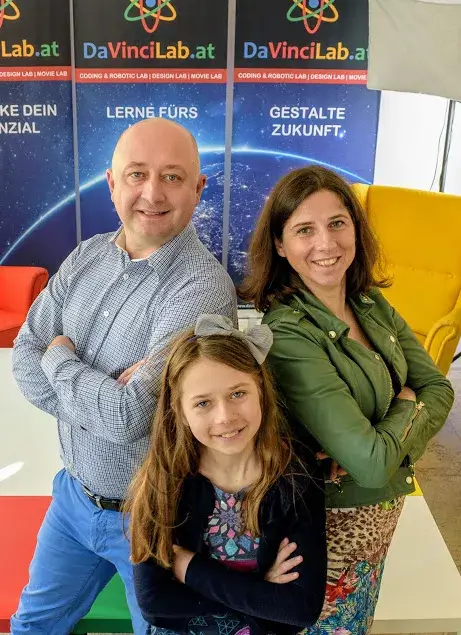
We asked Anna Gawin:
How can we succeed in making STEM appealing to children?
As parents of two daughters, we have seen how little STEM promotion there is among girls. In general, it is a pity that especially in kindergarten and primary school the natural interest in technology and research is not used to further encourage children in this direction. Our approach is constructivism and we turn learning as it happens in schools upside down. We let things emerge first and then only in the reflection phase is the cognitive knowledge consolidated. With these “building blocks”, discussions, understanding of contexts and a playful approach, joyful learning is created.
Is this also the school of the future?
When we founded DaVinciLab, we looked at what was happening all over the world in terms of education. The new way of learning is going exactly in the direction we are teaching: The learning of the future is collaborative, solutions to problems are sought together and along the way exciting developments emerge and the necessary knowledge and skills are acquired little by little. The whole thing should of course be accompanied by educators who are not above it all, but are part of this journey of discovery – away from the all-knowing examiners to the guides who do not yet know everything themselves. The very first schools in the history of mankind were places where thinkers met to debate, puzzle and research. That was school.
More articles
The following articles might also interest you.
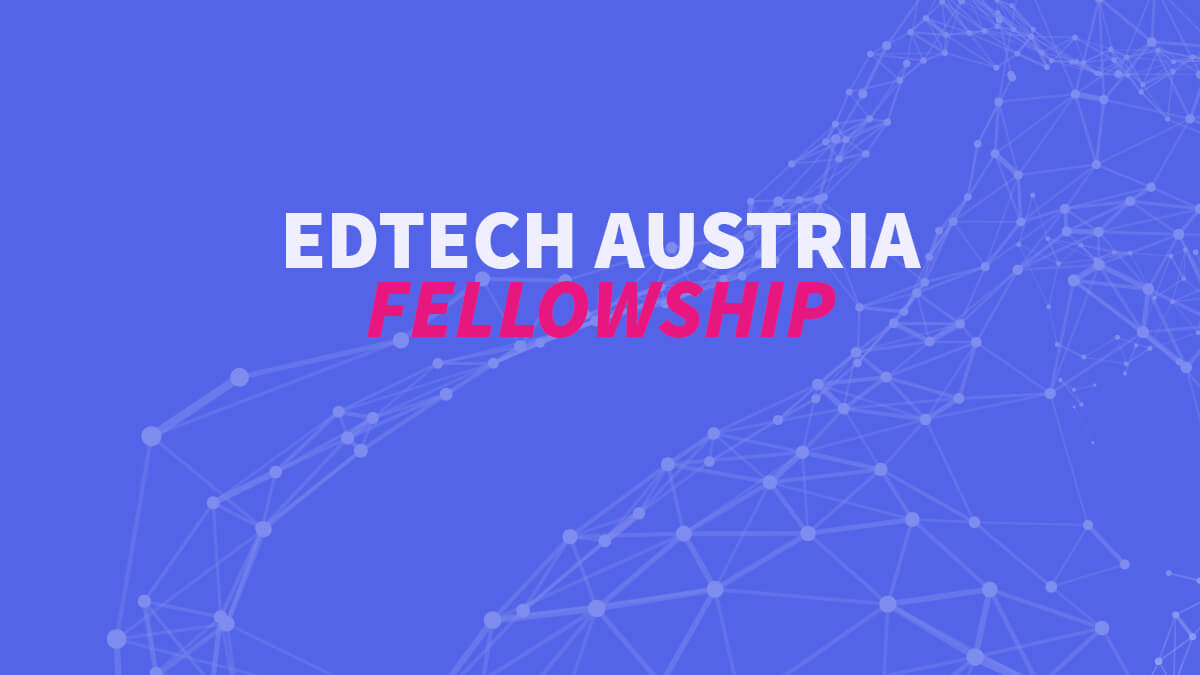
EdTech Austria Fellowship
24. October 2024
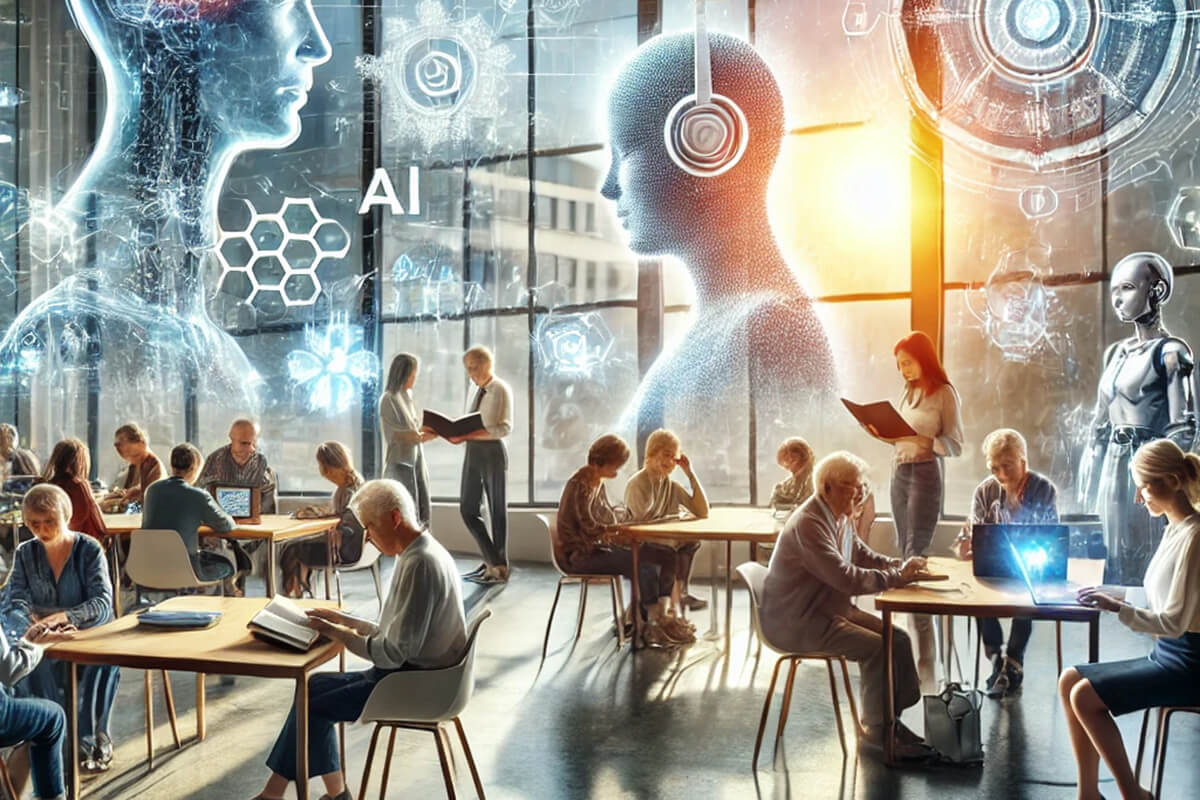
Lifelong Learning in Transition: Opportunities and Challenges of AI
17. January 2025
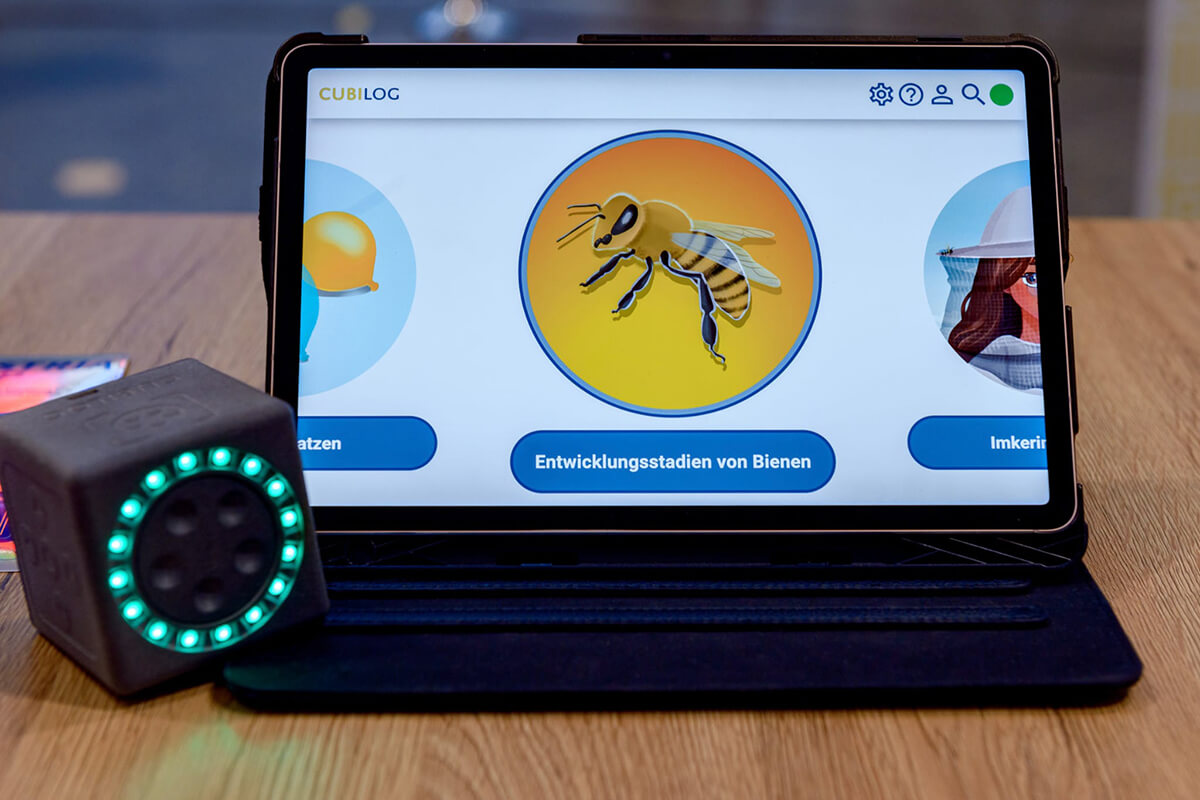
Motor and digital: Cubilog reimagines language development
16. December 2024
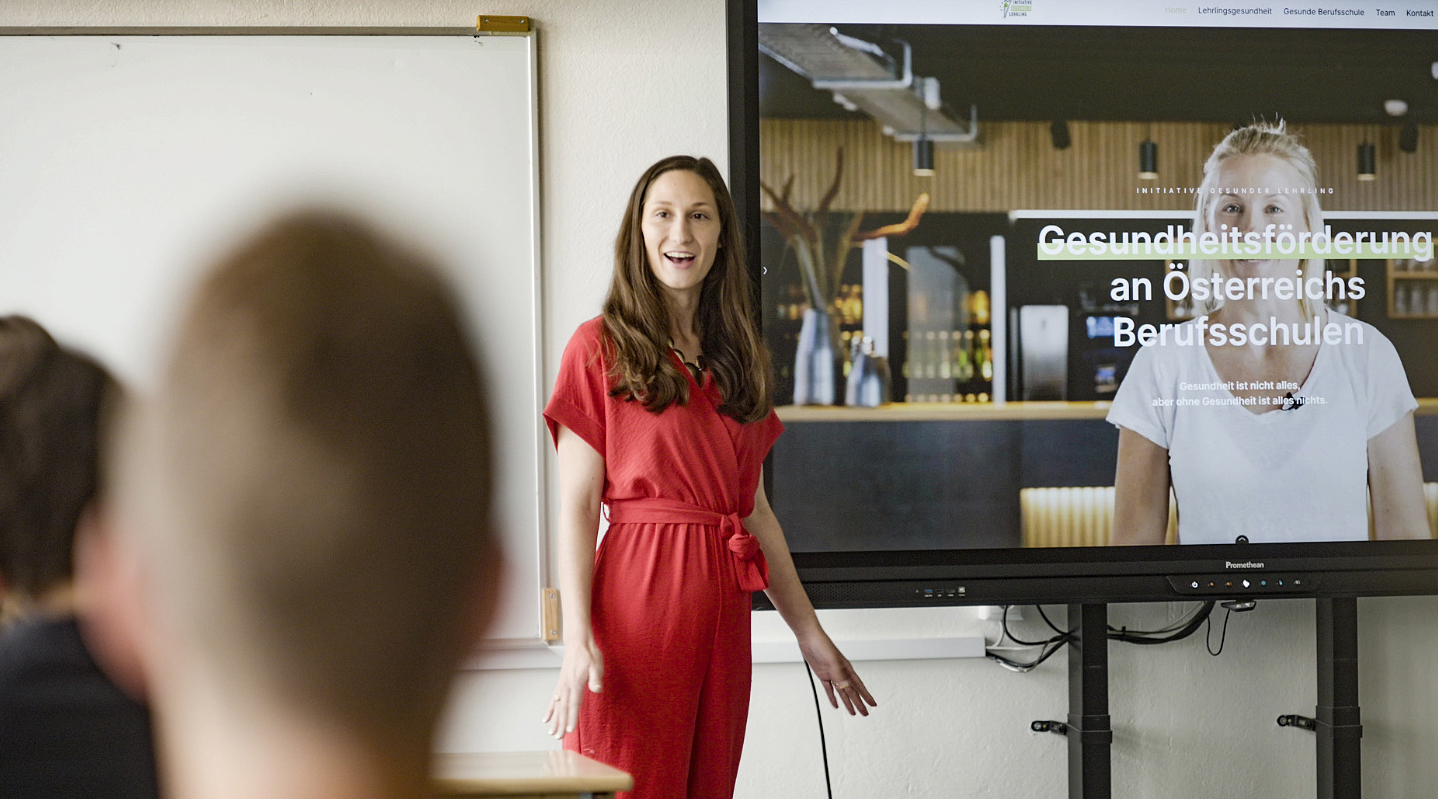
“Healthy Apprentice”: Health Literacy for Vocational Schools
28. November 2024
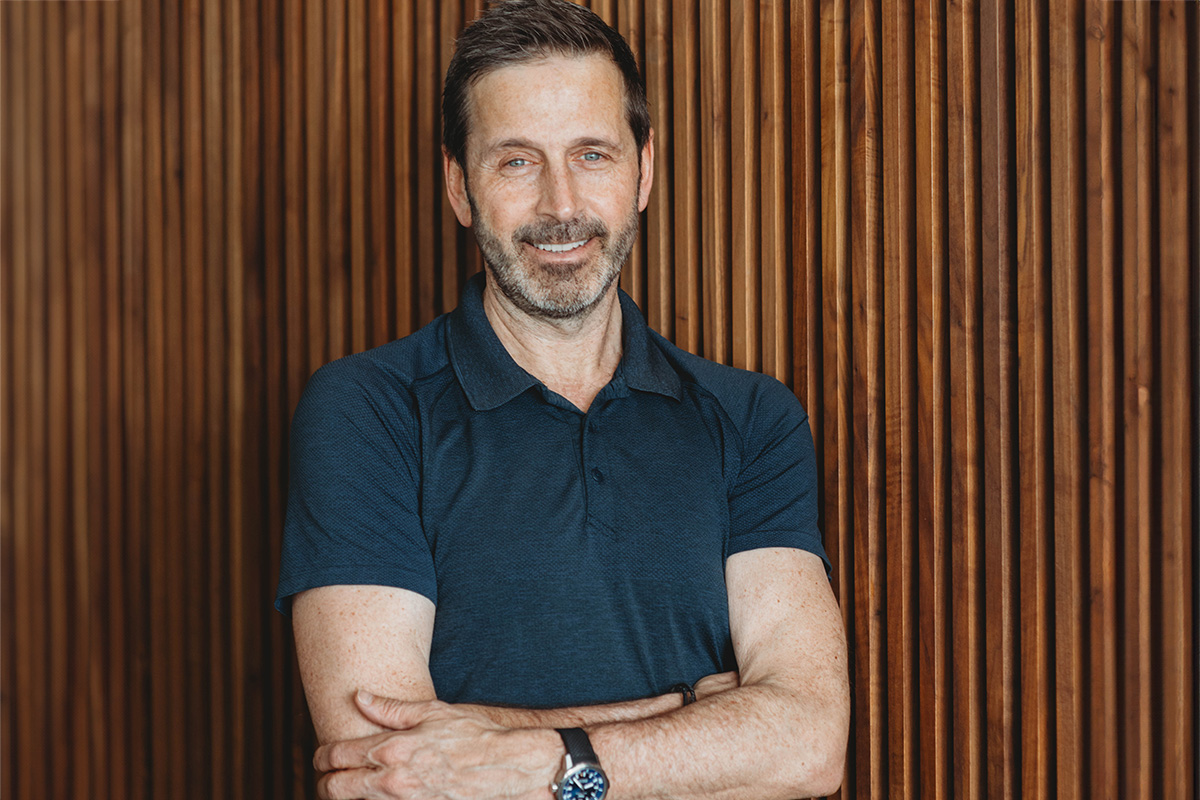
Good Days, Bad Days: “Upstrive” Captures Mental Health
15. November 2024
